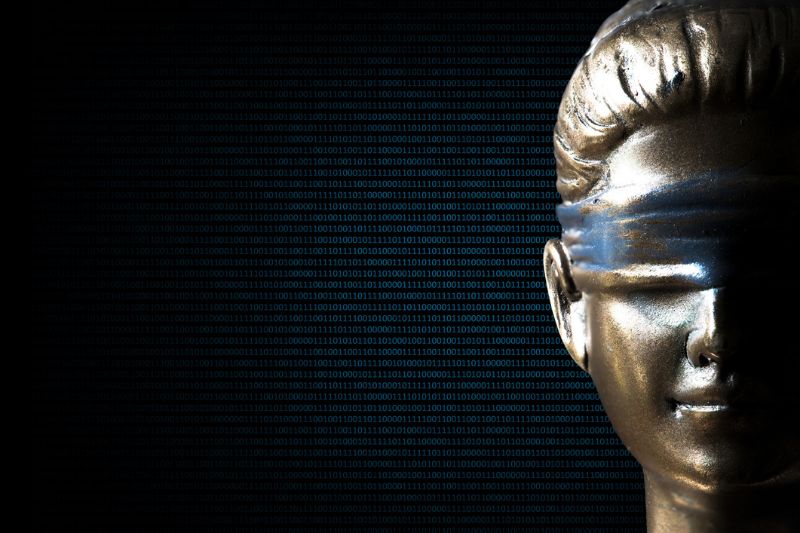Keywords: Kathleen Folbigg
-

AUSTRALIA
- Andrew Hamilton
- 15 June 2023
2 Comments
Kathleen Folbigg's release, prompted by the discovery of a genetic mutation that created reasonable doubt in her conviction, marks a significant intersection of science and law. However, the case highlights the need to critically assess the weight and limitations of scientific authority in our justice system, acknowledging the inherent uncertainty embedded within human affairs.
READ MORE
-

AUSTRALIA
- Binoy Kampmark
- 14 June 2023
3 Comments
At the intersection of myth, science, and law is the contentious case of Kathleen Folbigg, accused of being a modern-day Medea. Convicted of killing her children and later exonerated, Folbigg’s story serves as a cautionary tale about the complexities of science in legal judgments and societal myths of motherhood cloud our interpretation of facts.
READ MORE